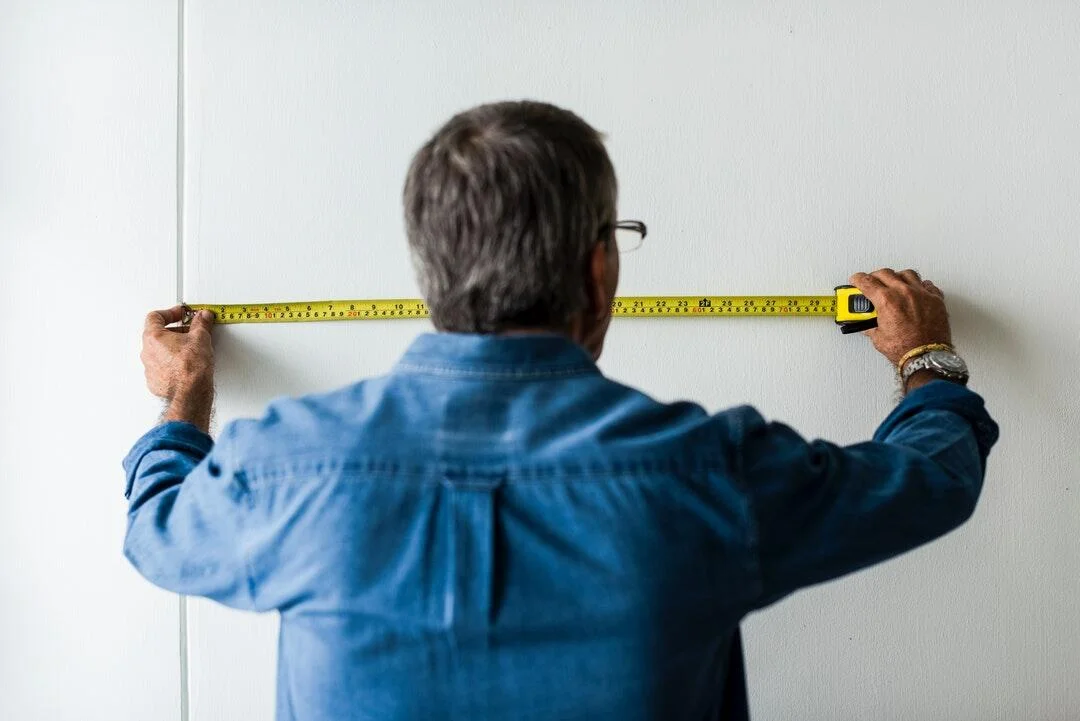The Essential Guide to Choosing the Right Off-grid Solar Inverter for Your Needs
Are you tired of constant power outages and hefty electricity bills? Imagine having a reliable, eco-friendly source of energy that keeps your lights on no matter what.
Welcome to our essential guide on choosing the perfect off-grid solar inverter! In just a few minutes, you’ll discover how to harness solar power to achieve energy independence, save money, and reduce your carbon footprint.
Ready to discover the best solar investment for your off-grid needs? Let’s begin!
Assess Your Power Requirements
Start by listing all the appliances and devices you plan to use. Estimate their daily energy consumption by checking their wattage and how many hours they run each day.
Add up these numbers to get your total daily energy requirement. Don’t forget to consider peak power needs, which is the highest amount of power you’ll use at any given time.
This ensures your solar inverter off grid meets your energy demands efficiently.
Choose the Right Inverter Type
There are three main types of inverters. Pure sine wave inverters are the most reliable and compatible with all types of appliances. They provide smooth and consistent power, which is ideal for sensitive electronics.
For households with a diverse range of devices, a split phase inverter is a great choice. It can handle both standard appliances and heavy-duty equipment.
Modified sine wave inverters are a less expensive option. However, they may not work well with all appliances and can cause interference.
Lastly, square wave inverters are the least efficient and are generally not recommended for home use.
Don’t Forget About Battery Charging Capacity
Your solar inverter battery should be able to store enough energy to meet your daily demands and handle periods of low sunlight. Make sure the inverter you choose can efficiently charge your battery without overloading or overheating.
Also, look for models with adjustable charging rates and built-in protections to maximize battery lifespan. This way, you ensure a seamless and reliable power supply for all your needs.
Check for Built-in Features
Some solar inverters come with extra features that can enhance your off-grid experience.
For example, a built-in MPPT charge controller helps optimize solar panel performance and increases efficiency. Other useful features include:
- remote monitoring
- automatic shut-off during power outages
- compatibility with generators
Consider these added benefits when comparing different models to find the best fit for your specific needs.
Consider Brand Reputation
A well-known and trusted brand often signifies quality and reliability. Look for companies with positive customer reviews and a track record of excellent customer service.
For instance, this solar installation company in Plymouth often provides comprehensive warranties and support. This helps ensure that you have peace of mind and assistance if any issues arise with your inverter.
Plus, reputable brands usually have a wide range of inverter options. This gives you more flexibility to find the perfect fit for your off-grid setup.
Tips for Choosing the Best Off-Grid Solar Inverter
Choosing the right off-grid solar inverter is the key to energy independence. It allows you to enjoy reliable power even in remote locations. Make sure you assess your power needs, select the correct inverter type, and consider additional features.
So why wait? Power up your life with eco-friendly energy today! Your wallet and the planet will thank you.
Did you find this article helpful? Check out the rest of our blog now!














Post Comment